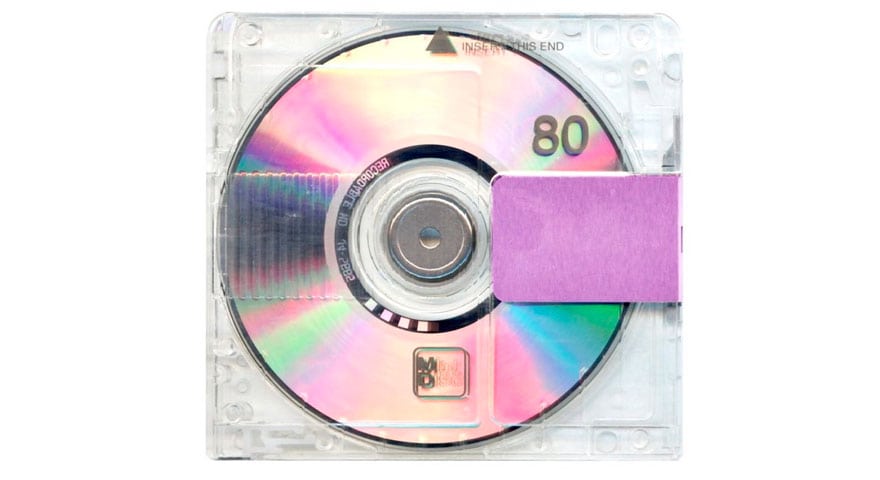It has been a controversial year for Chicago rapper Kanye West, whether it be his now infamous “slavery was a choice” comment on TMZ, his feud with Canadian rapper Drake or his support for President Donald Trump, which has drawn ire from the public.
He is now pushing back the release date to his new album Yahndi.
Yahndi, which is a follow up to his 2013 album Yeezus, was supposed to come out after his performance on the Saturday Night Live premiere.
But fans were left confused with his antics during the show, including dressing up in a Perrier bottle costume with Lil Pump and playing the song “Ghost Town” with a “Make America Great Again” hat on before talking about how the cast bullied him backstage for his support of President Trump after the show was over. More importantly, there was no album.
West said he is pushing back the album in order to record parts of it in Africa.
Controversy is nothing new to West; he has always faced controversy from his “George Bush doesn’t care about black people” comments in 2006, to him interrupting Taylor Swift at the 2009 Video Music Awards.
While he has always recieved plenty of hate, this is different.
In a recent interview with TMZ, West talked about how he considers himself to be the “alien Ye,” and how the past albums he released were “superhero rehibilitation.”
He also talked about how he views himself reincarnated in different eras of time.
West has been very vocal about his bipolar disorder, and how it affects him and the people around him. He has said the real Ye is out and off of medication.
On his recent album Ye, tracks like “I Thought About Killing You” and “Yikes” talk about how his bipolar disorder affects his life.
The cover of his album even references his bipolar disorder, declaring “I hate being Bi-Polar it’s awesome” on a picture of a mountain in Wyoming, taken hours before he released the album to the public.
West has certaintly started a conversation about mental health and bipolar disorder, a topic the media does not bring up enough. Bipolar disorder affects an estimated 5.6 million people, or 2.6 percent of the U.S. population.
While West is not trying to set himself up as a mental health advocate, his openess about his struggle and his willingness to talk about it in his music is and a important topic of disscussion in the mainstream media.
While acknowledging his advocacy is not meant to condone or write off his recent antics on his bipolar disorder, West pushing back his album and the release of his previous music sparks an interesting conversation about mental health in the mainstream media.
2018-10-23

